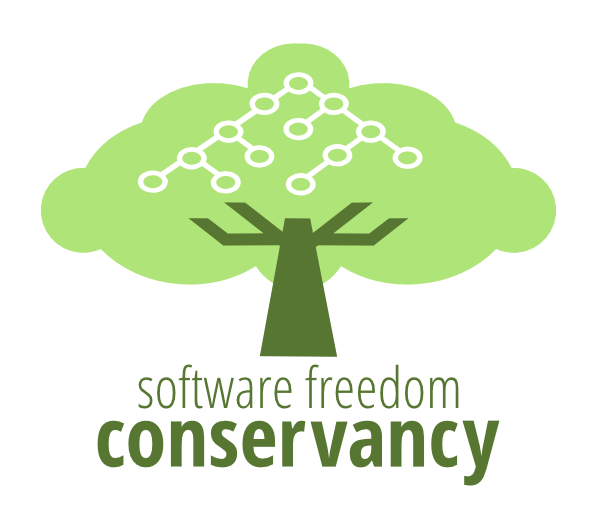Running Events
Events in the Public Interest
The IRS has lot of rules about what kinds of sponsorships non-profit, charitable events can accept and what kinds of benefits can be offered within the context of non-profit, charitable events. Some common events that projects host are conferences, hackfests, or trainings. The key should be bringing people together to better share information and education.
Please do not accept money for your event without talking to Conservancy first.
Ticket sales
If you choose to sell tickets for your events, you should talk to us. Many events choose to offer a cheap ticket for the cost of the event and a more expensive ticket that is partly a donation and partly the cost of the ticket. We can help you set this up, so please get in touch as soon as you think you may want to do this. We cannot personally send individual invoices to your attendees. Many of our projects use EventBrite and we’ve also had good success using Symposion for larger events. These systems can be set up to offer an automated receipt for your attendees.
Write a Code of Conduct
We can help you with this, refer you to a consultant or help you find examples to pull from like this one, Copyleft Code of Conduct
Keep a focus on inclusion
We want everyone to be welcome and feel comfortable at events that we hold. When people included, the more likely they are to contribute theirown skills and ideas, and more likely to spread the word about your project. Remember that many types of people may be interested in your event and you should organize with them in mind. Some examples are - ordering food to accomodate different dietary needs, finding an accessible venue, making sure there is comfortable bathroom space for all, and even having areas that breastfeeding women have places to pump.
Making a plan
Once you've chosen a venue and date and have a proposed rate on the table, bring us in to talk about liability, insurance and any other accountabilities built in to the contract. Conservancy must be the signer on any contracts you enter into. We can also help you negotiate and make sure all liability concerns are clear. If you have any verbal conversations with the venue that might affect the contract, please let us know as soon as possible. We'll do our best to make sure that your project gets what has been agreed to and does not pay for things that were not provided.
Making a Budget
We can help you do this if you've never done it before. In general it is better to put a number in a market rate number for each expense, even if you might later negotiate a discount.
Estimate your expenses. For instance, you might say "Pizza for 50 people" and put $500 in to the estimated expense column. Then later if only 40 people attend the event and you spend less on pizza, you would put "$400" into actual column. Overestimating by a little bit helps you make sure you don't run out of money for other budgeted expenses.
The same is true for something that gets donated "in kind" which just means when someone donates a thing or service instead of money. For instance, you might say "Taxi from Local Coffee Shop to event" and put $40 into the estimated column. Later on if someone volunteers to pick up coffee in their personal car, you can put "donated" into the actual column. This is also helpful for creating budgets for recurring annual events -- where some years you have a local volunteer with a car and some years you don't.
Travel funding
If you intend to cover travel for your events -- for community members, speakers or attendees -- then this should be in your budget. You need to let travelers know about Conservancy's travel policy (before they book anything) and let Conservancy know who is traveling, along with their names and email contacts. There is more about travel in the Spending Money section.
Fundraising for events
You may be tempted to accept money for list access, advertising or a speaking slot at your events. Non-profit events cannot do these kinds of things. Our projects often accept event sponsorship money in exchange for appearing on a list of sponsors or being thanked from the stage. Please talk to us about any others ideas for sponsorship before you offer it to potential sponsors. There's more on this in the fundraising section.
Other things we can help with
- Hire a conference planner if you need one
- Obtain conference insurance (on a case by case basis)
- Negotiate with hotels to reserve a block of rooms
